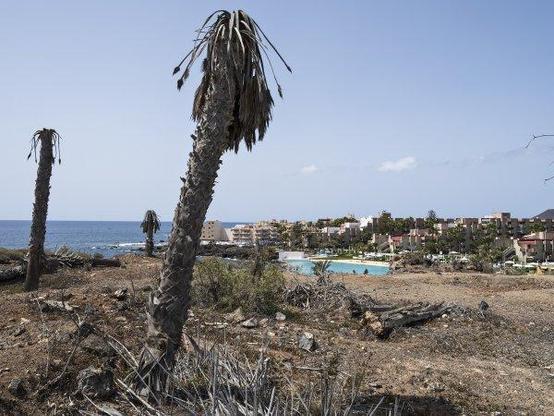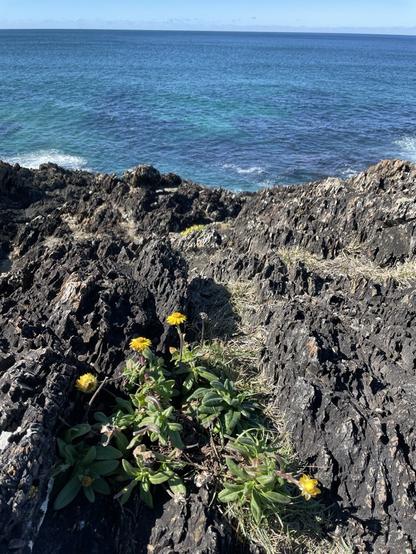Botanical names and the practices that pre-serve the legacies of empire
"Plant naming is a fractious area of botany, partly because most plants are named after white, western men. Acknowledgement of female and Indigenous plant collectors is often absent from plant names and also from the botanical database records."
"While in Australia, English botanist Joseph Banks (1743-1820) collected 1,400 plants over his seven-week trip. No Aboriginal plant names were recorded. Plants were then returned to Britain and Europe to meet the growing hunger for rare natural collections. These collections became the major European museums and herbaria we know today, such as Kew Gardens in London."
"Subramaniam’s book views colonialism as a genocide, an ecocide and an epistemicide where Indigenous knowledges were mostly lost but also partly appropriated."
>>
https://theconversation.com/sex-plants-and-colonisation-reclaiming-botany-from-the-tendrils-of-empire-234679
Botanists vote to remove racist reference from plants’ scientific names
https://www.theguardian.com/science/article/2024/jul/20/botanists-remove-racist-references-plants-scientific-names
Restoring Indigenous names in taxonomy
https://www.ncbi.nlm.nih.gov/pmc/articles/PMC7584613/
Botany of Empire, Plant Worlds and the Scientific Legacies of Colonialism, Banu Subramaniam, 2024
https://uwapress.uw.edu/book/9780295752457/botany-of-empire/
#botany #biology #nomenclature #taxonomy #ScientificNames #epistemicide #DB #databases #PlantSciences #Plants #terminology #ecology #conservation #restoration #colonialism #empire #IndigenousPeoples #women #Book #PlantHumanities

